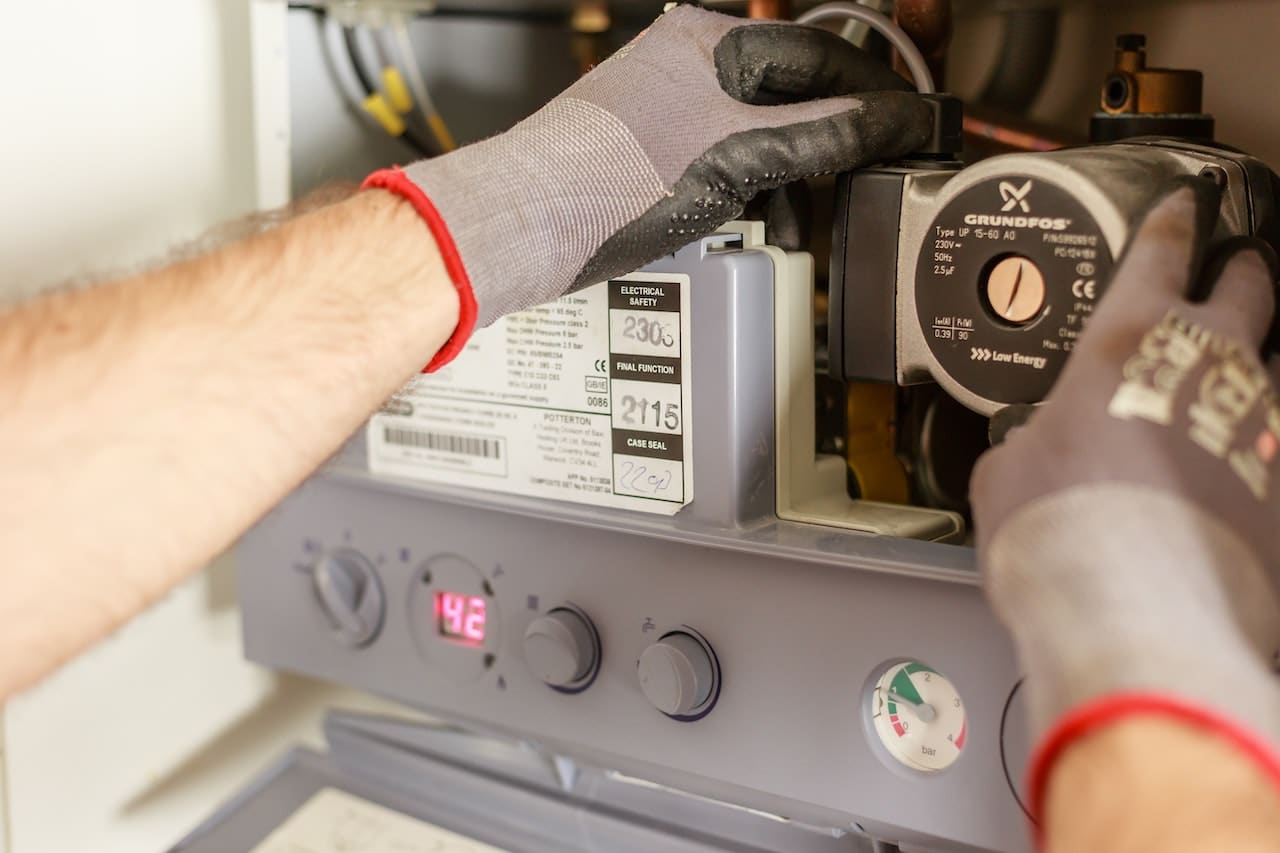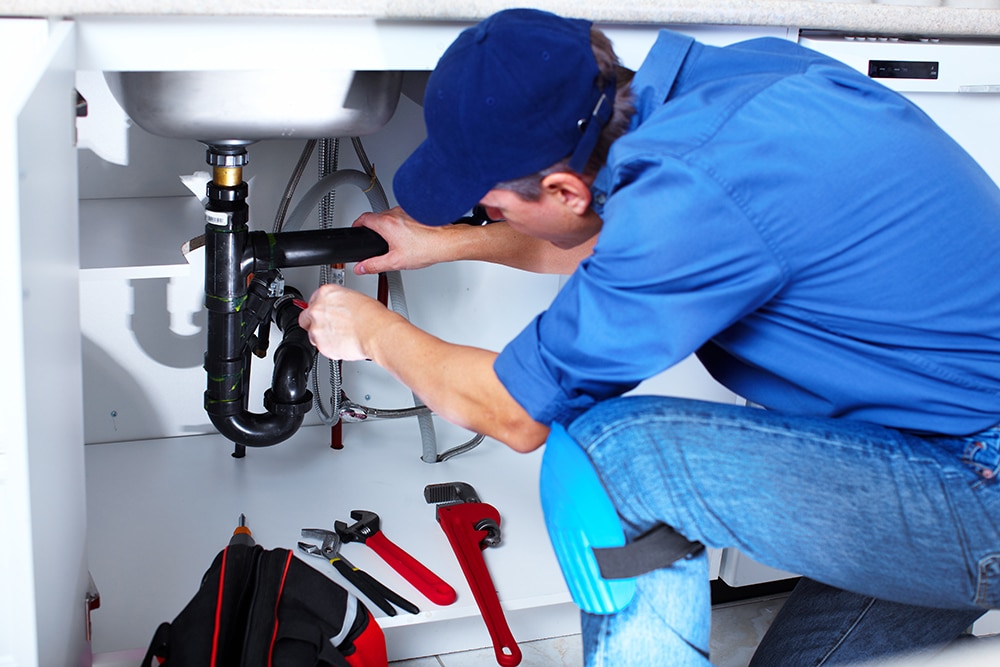One of the most common property damage issues during freezing weather is burst pipes. This is a major problem that can cost thousands, even five-figures, in water damage. The most likely places for your pipes to freeze are unheated interior spaces. This can include pipes that are hidden in cabinets and on exterior walls.
Precautionary steps to protect pipes from freezing
Protecting your pipes from freezing is a crucial winter home maintenance task. Even a small crack in a pipe can result in flooding, damage to your furnace, and even mold. No matter what type of pipe you have in your home, frozen pipes are a serious problem.
You can prepare your pipes for freezing by following a few precautionary steps. One of the most important steps is to monitor the weather and make sure that temperatures do not dip below freezing at night. Even if you’ve taken the necessary precautions, freezing temperatures can still occur, so monitoring the weather is essential.
One of the easiest ways to prevent frozen pipes is to keep the pipes in your home as warm as possible. Using heating tape or newspaper can help. In milder climates, you can also use newspaper to wrap the pipes. It is also important to disconnect water hoses and other outdoor water lines. Additionally, drain water from swimming pools.
You can also protect your pipes from freezing by insulating them. Installing insulation is relatively inexpensive and easy to do. You can also wrap your pipes with heat tape or heat cables and reroute them away from cold areas.
Cost of pipe insulation
Pipe insulation can protect your pipes from freezing in cold areas. This type of protection can be inexpensive, and can protect you from water damage and loss of valuable items. It can also reduce your insurance deductible. Make sure you install pipe insulation on any vulnerable pipes to avoid costly damage. For example, if you own a swimming pool, you should dry out the line that supplies water to the pool before winter arrives. Additionally, you should insulate your kitchen cabinets and bathroom cabinetry.
The cost of plumbing insulation varies, but the cost for 100 linear feet is typically between $110 and $1100. You should factor in the time and labor that are needed to complete the installation. The process can take a few hours, so you’ll want to make sure you budget for enough time to get the job done correctly.
Pipe insulation is available in a variety of materials, depending on the diameter of the pipes. The more R-value the insulation has, the better. Most pipe insulation is 0.5 to 0.75 inches wide, and you should measure the pipe’s diameter when ordering.
In colder climates, pipes can freeze and cause significant water damage. By protecting these pipes from freezing, you can protect your home from costly water damage and flooding. To prevent this, you can choose to install pipe insulation during the construction process of your home. This preventive measure will protect your pipes from freezing and save you money on your heating bills.
Cost of pipe insulation in Chatsworth
If you have pipes running through your home, you probably want to protect them from the cold. Pipe insulation will help keep the pipes warm during the winter, as it prevents cold water pipes from freezing. It also cuts down on labor costs. You can purchase pipe insulation from stores such as Lowe’s. Call a professional plumber in Chatsworth for piping services.
The cost of pipe insulation depends on the type of insulation you choose. If you need insulation for just three to five pipes, the price will be around $150. But if you have to insulate 15 or more pipes, the price will be around $220 to $370. You should keep in mind that these prices are for the pipe insulation and not labor.
You can also choose between different materials for pipe insulation. Fiberglass tubular pipe insulation is a cost-effective option that can help protect your water pipes from extreme heat. The cost of fiberglass tubular pipe insulation is around $1.80 to $3 per linear foot, which includes its installation. However, it is not recommended for tight quarters because of the tiny fibers that get everywhere. However, it is good for insulating regular residential water pipes because it has a higher R-value.
Pipe insulation reduces the amount of heat lost from pipes, which reduces your fuel bills. Pipe insulation also reduces the amount of excess moisture in the pipes, which prevents bursting and freezing. In addition, pipe insulation helps reduce noise caused by pipes.


